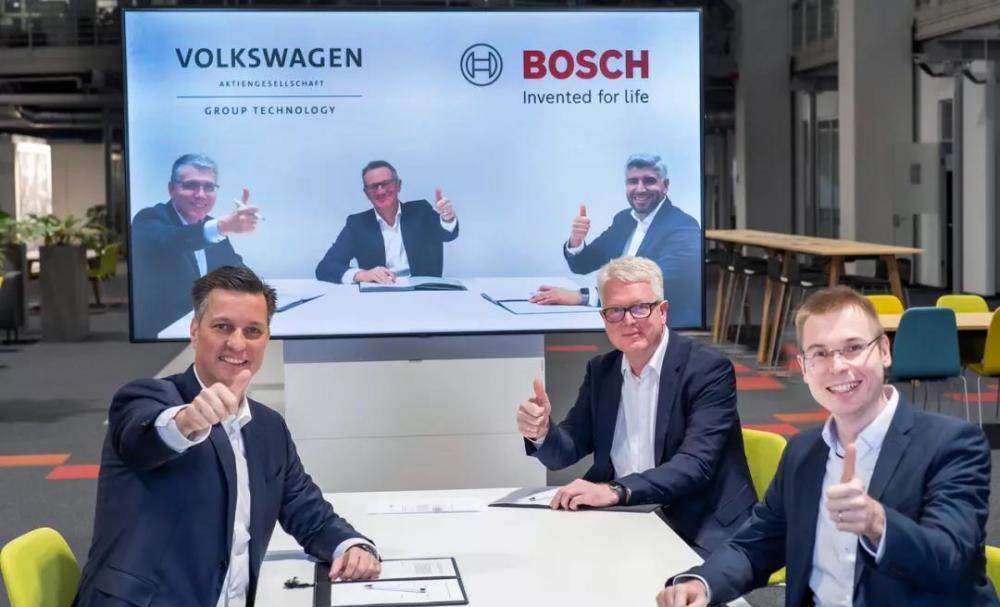On January 18, Volkswagen, a major German automaker, and Bosch, the world's largest auto parts supplier, announced that they would establish a joint venture before the end of this year, and the two sides would jointly build a European battery equipment manufacturing plant to help achieve self-sufficiency in battery production.

The project is now completed and the joint venture is expected to be established by the end of 2022. Volkswagen said the joint venture will supply battery production systems and assist battery manufacturers in expanding and maintaining production sites, as well as to Volkswagen's own factories and other plants in Europe.
Thomas Schmall, a member of Volkswagen's board of directors in charge of battery planning, said Europe has the opportunity to become a global battery center in the coming years. Efforts are underway to establish a complete, localized supply chain for European-made electric vehicles.
According to the European Battery Alliance (EBA), The capacity of battery factories announced in Europe so far will reach 900GWh, which is expected to account for about 16% of global production by 2029.
EBA said that by 2030, one-third of the world's batteries are expected to be produced in Europe to reduce dependence on South Korean and Chinese suppliers who dominate the market. The largest battery factory currently planned in Europe is Tesla's factory in Berlin, Germany, with a maximum capacity of more than 100GWh. The plant is still awaiting approval from authorities for production.
Volkswagen plans to build six battery plants in Europe by 2030, with a combined annual production capacity of 240 GWh, to control the supply chain as much as possible. Volkswagen vowed to surpass Tesla as the world's largest electric vehicle factory, raising its electrification spending to 52 billion euros over the next five years last December and pledging to sell only electric vehicles in Europe from 2035 onwards.
For Bosch, the move will strengthen its transition to electrification, which has decided in the past not to invest in battery production itself, mainly because of the high cost of upfront capital investment. Bosch has a considerable number of customers, and under the wave of vehicle electrification, the two companies are also looking to create a new value chain in addition to car manufacturing and parts.